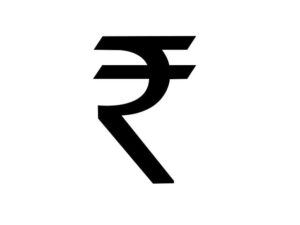A recent investigation by The New York Times found that US tech baron Neville Roy Singham helped push Chinese propaganda worldwide through his network of nonprofits.
“From a think tank in Massachusetts to an event space in Manhattan, from a political party in South Africa to news organisations in India and Brazil, The Times tracked hundreds of millions of dollars to groups linked to Mr Singham that mix progressive advocacy with Chinese government talking points,” The New York Times reported.
Indian news outlet NewsClick found mention in the report. “In New Delhi, corporate filings show, Mr Singham’s network financed a news site, NewsClick,” NYT reported.
In the ever-evolving landscape of global journalism, the role of foreign funded media outlets cannot be underestimated. However, the concerns raised about the potential bias and agenda-setting of these outlets, particularly when it comes to India, warrants a closer examination. While journalistic freedom and diversity of perspectives are essential, it is equally vital for foreign funded media to uphold objectivity and refrain from adopting an anti-India stance.
The argument for foreign funded media to maintain objectivity isn’t rooted in a desire to stifle differing opinions or narratives. Rather, it stems from a genuine concern for the accurate portrayal of events and issues in the country. An unbiased media plays a critical role in fostering a well-informed citizenry, which is the bedrock of any healthy democracy. When foreign funded media outlets prioritise sensationalism over balanced reporting, they risk eroding this foundation.
A key concern with an anti-India agenda is the potential to fuel misinformation and disinformation campaigns. In an age where information spreads rapidly through the internet and social media, a skewed narrative can quickly take root and perpetuate falsehoods. Foreign funded media outlets, while aiming to highlight certain issues, should also consider the broader impact their reporting may have on the public discourse and international perceptions of the country.
Furthermore, a balanced media environment is essential for fostering international cooperation and understanding. The world is interconnected, and a nation’s image is often shaped by how it is portrayed in global media. When foreign funded media outlets adopt an anti-India stance, they risk undermining diplomatic efforts and international relations, perpetuating misunderstandings that hinder progress on various fronts.
The argument here is not to advocate for censorship or the suppression of differing viewpoints. On the contrary, the call is for responsible journalism that takes into account the nuances and complexities of the issues at hand. Foreign funded media outlets can provide valuable insights into India’s challenges and shortcomings, but this must be done within the framework of ethical reporting that respects facts, avoids sensationalism, and refrains from taking a one-sided stance.
The imperative for foreign funded media to refrain from an anti-India agenda is not about curtailing press freedom, but rather about advocating for responsible and ethical journalism. A robust media landscape requires diversity of perspectives, but it also demands a commitment to accuracy, fairness, and the greater good. By adhering to these principles, foreign funded media outlets can contribute positively to the global discourse on India and, in turn, help strengthen democratic values and international relations.




